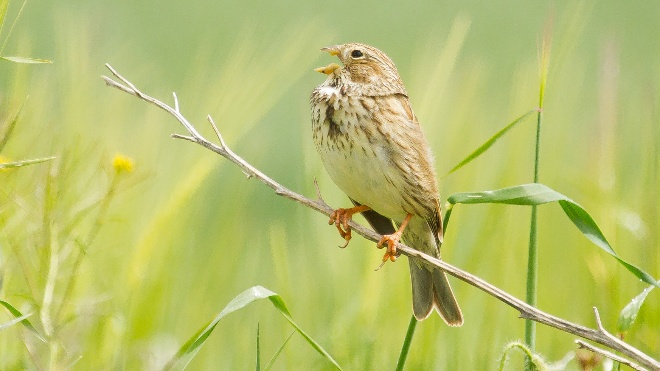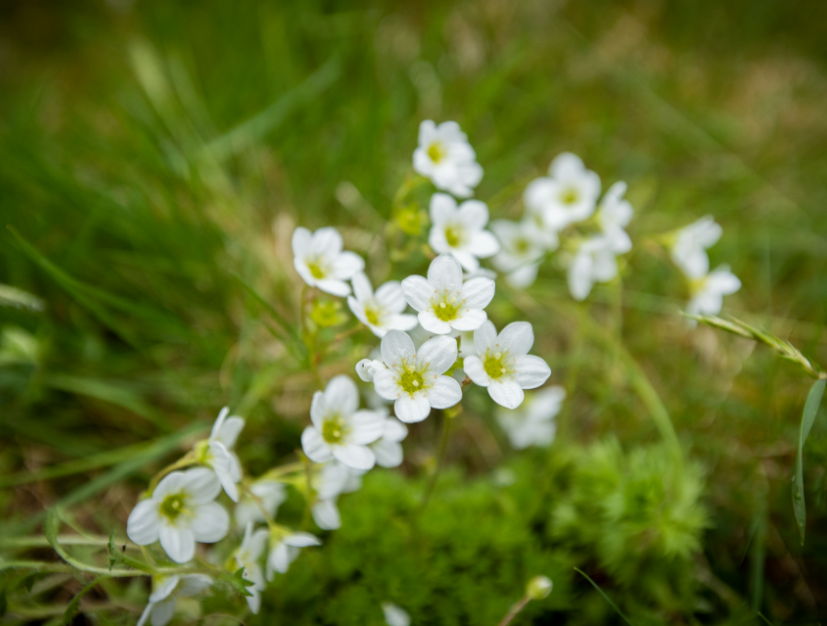
EARTH DAY, 22 APRIL 2025
Earth Day is an annual event held on April 22 to demonstrate support for environmental protection. First held in 1970, it now includes a wide range of events coordinated globally through earthday.org including 1 billion people in more than 193 countries. In 1969 at a UNESCO conference in San Francisco, peace activist John McConnell proposed a day to honor the Earth and the concept of peace.
Earth Day’s 2025 theme is OUR POWER, OUR PLANET, calling for everyone to unite around renewable energy so we can triple clean electricity by 2030. How can you help? Join us for Earth Action Day by educating, advocating, and mobilizing your communities. Create or find an Earth Action event on our map, and get out the word on social media. Below you’ll find resources (organizing tools, quizzes and more) to help you take action this Earth Day, April 22nd, and every day.
- LEARN MORE
- LEARN MORE
- LEARN MORE
- LEARN MORE
- LEARN MORE

DEGROWTH
Wikipedia definition
Degrowth is an academic and social movement critical of the concept of growth in gross domestic product as a measure of human and economic development. The idea of degrowth is based on ideas and research from economic anthropology, ecological economics, environmental sciences, and development studies. It argues that modern capitalism's unitary focus on growth causes widespread ecological damage and is unnecessary for the further increase of human living standards. Degrowth theory has been met with both academic acclaim and considerable criticism.
Degrowth's main argument is that an infinite expansion of the economy is fundamentally contradictory to the finiteness of material resources on Earth. It argues that economic growth measured by GDP should be abandoned as a policy objective. Policy should instead focus on economic and social metrics such as life expectancy, health, education, housing, and ecologically sustainable work as indicators of both ecosystems and human well-being. Degrowth theorists posit that this would increase human living standards and ecological preservation even as GDP growth slows.
Degrowth theory is highly critical of free market capitalism, and it highlights the importance of extensive public services, care work, self-organization, commons, relational goods, community, and work sharing. Degrowth theory partly orients itself as a critique of green capitalism or as a radical alternative to the market-based, sustainable development goal (SDG) model of addressing ecological overshoot and environmental collapse.
Uploaded: 13 March 2025

PHOTO: Mike Armitage
LOW CARBON ENERGY
Renewables industry welcomes Prime Minister's new targets
RenewableUK
A speech today from the Prime Minister confirmed the Government’s commitment to achieve at least 95% low carbon energy generation by 2030 by accelerating the deployment of renewables, as well as reforming planning rules and setting a target to fast track 150 decisions on major infrastructure by the end of the current Parliament.
Commenting on these commitments, which form part of the backbone of the Government’s ‘Plan for Change’, RenewableUK’s Chief Executive Dan McGrail said:
“The drumbeat of policy announcements we’ve seen from Government, which they’ve built on today, is really grabbing the attention of clean energy investors. The prize, if we can get the right framework in place to deliver the Prime Minister’s clean power mission, is tens of billions of pounds of investment in renewable energy in the UK, increased energy security for billpayers and thousands of new jobs. We could see 100,000 jobs in offshore wind alone by 2030.
“Increasing the roll out of new wind and solar farms in the UK is clearly going to require us to speed up planning approvals, so it’s great to see Government put firm targets in place for the number of major infrastructure projects it will confirm in the next five years.”

Wild Bengal Tiger Cub, Central India
TV
A S I A
Asia is the new series exploring the amazing wildlife and natural wonders of our planet’s largest continent, presented by the master himself - Sir David Attenborough.
Across seven episodes exploring each corner of this remarkable part of our planet, audiences will journey through Asia’s most stunning landscapes, witness a wealth of wildlife, and uncover stories of extraordinary unseen animal behaviour.
Filmed over the course of nearly four years, this is the first time that Asia - home to the highest mountain range, the deepest ocean, the tallest jungles, and the biggest cave - has been the focus of a landmark BBC wildlife series.
Uploaded: 04 November 2024

TV
The Earthshot Prize
The Earthshot Prize finds and grows the solutions that will repair our planet.
We face our greatest challenge: to regenerate the place we all call home in the next ten years.
The Earthshot Prize searches the globe for game-changing innovations that will help us repair our planet, awarding the very best five solutions each year with £1 million to scale their work.
Uploaded: 04 November 2024

Photo: RSPB
F A R M I N G
We don’t just want Nature-friendly farming, we need it
RSPB
You may have seen – the UK Government hasn’t cut funding for Nature-friendly farming in its October Budget. This decision affects Nature-friendly farming because most of the Welsh budget, including for agriculture, comes originally from the UK Treasury.
By maintaining the budget, it will keep Nature on life support a bit longer. But to really get things back on track, we’ll need new investment in Nature in the future.
This is crucial for nature. Sadly, numbers of farmland birds have tumbled on average by 60% since the 1970s. This includes iconic species like Lapwings and Curlews. Nature-friendly farming is critical to turning this around.
However, without an increase in funding, we can’t truly support Nature-friendly farming, maintain a healthy economy or hit our 2030 targets to protect and restore Nature.
Independent research says that government must invest £5.9 billion a year in effective Nature-friendly farming schemes to save nature and meet climate targets, with £594 million per year needed in Wales.
Increasing investment in Nature-friendly farming is a huge opportunity to support our farmers to become more resilient, increase our food security and play a vital part in hitting our Nature and Climate targets.
Uploaded: 03 Nov 2024

Photo: Llyr Hughes
FLORA RESURRECTION
Rosy Saxifrage reintroduced into Wales after 62 years extinct
Plantlife
This beautiful mountain plant, that once clung to the cliff edges in Eryri (Snowdonia) has successfully returned to the wild in Wales after becoming extinct in 1962.
The trial reintroduction of Rosy Saxifrage Saxifraga rosacea, led by us, marks a special moment for nature recovery. The plants, which have been maintained in cultivation, have direct lineage to the 1962 specimens.
It is now flowering at a location close to where it was last recorded in the wild – and there are plans in place to boost its numbers now the first trial has taken place
The species was first recorded in Wales in 1796 by J.W.Griffith (Clark, 1900) and there are up to five records from the 19th century. In the 20th century, there are three records, all in Eryri.
But, it is thought that Rosy Saxifrage slipped into extinction in Wales, primarily as a result of plant enthusiasts over collecting the species, particularly in the Victorian era. Atmospheric pollution is also considered to have played a role. Rosy Saxifrage is not a great competitor with stronger growing plants, so it was impacted by the nutrient enrichment of its favoured mountain habitat.
Uploaded: 26 May 2024

Photo: Pixabay
NUCLEAR ENERGY
UK Government Confirms Wylfa as Preferred Nuclear PowerPlant
Wylfa in Anglesey is the government's preferred site for a large-scale gigawatt nuclear power plant.
Wylfa in Anglesey is the government’s preferred site for the UK’s third mega-nuclear power station - putting North Wales in prime position to benefit from a boost to its economic prosperity and support the UK’s long-term energy security.
The government is kickstarting talks with global energy firms to explore building the new power plant, which could provide enough clean and reliable power for the equivalent of around 6 million of today’s homes for 60 years. It brings the UK closer to its ambition for up to a quarter of its projected electricity needs to come from homegrown nuclear power by 2050, to strengthen the nation’s energy independence.
The government is exploring building a major nuclear power station, similar in scale to Hinkley in Somerset and Sizewell in Suffolk. The aim of this new project would revive the nuclear history of Wylfa and claims to bring thousands of jobs and investment to the area, to provide a boost to the local economy.
Uploaded: 22 May 2024